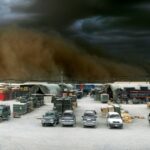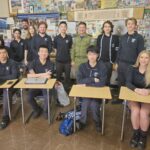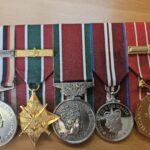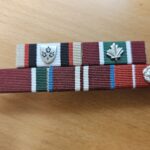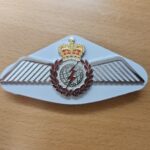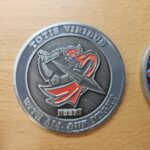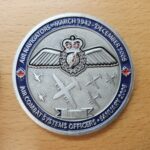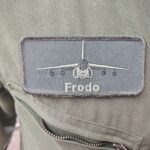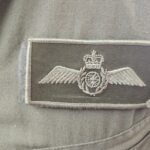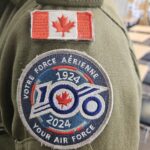Richard Hough was born in Napanee, Ontario, where he grew up on a dairy farm. He wanted to be a pilot, and that led him to join the Canadian Forces; while his dream of pilot did not work out, he did qualify as a navigator, and he set off to RMC to study engineering. He earned his degree in space science and went on to begin his navigator training, ultimately assigned to a C-130 Hercules squadron. His initial deployments would take place in Afghanistan, where he would deliver troops and supplies. He worked as an air planner, aircrew and mission planner for other missions out of a support hub and also worked on the ground in Kandahar as a staff officer at the airbase. During his last deployment, he was involved in the integration of air effects with the army, including assisting in the introduction of Chinook and Griffon helicopters and Heron UAVs into the theatre of operations. That involved working with multinational partners extensively (British, American and Regional HQ). All of this certainly was dangerous, whether on the ground or in the air, when the Hercules would go low and slow on drops, forcing the crew to be alert to potential threats on the ground. They also had to deal with all sorts of other difficult conditions: heat, turbulence, air sickness, and long flight times. Given the nature of Canada’s military role, he would also take part in ramp ceremonies, returning fallen Canadian soldiers to their families in Canada. He also did a tour in the United States, and did numerous deployments in Canada, including Ice Storm 98, Red River Flood work, and Operations Nunalivut and Boxtop in the Arctic. Major Hough spent 2023-2024 at the Canadian Forces College in Toronto, and during that time he spent an afternoon with us at Crestwood.
Videos
Click next video below to keep watching

